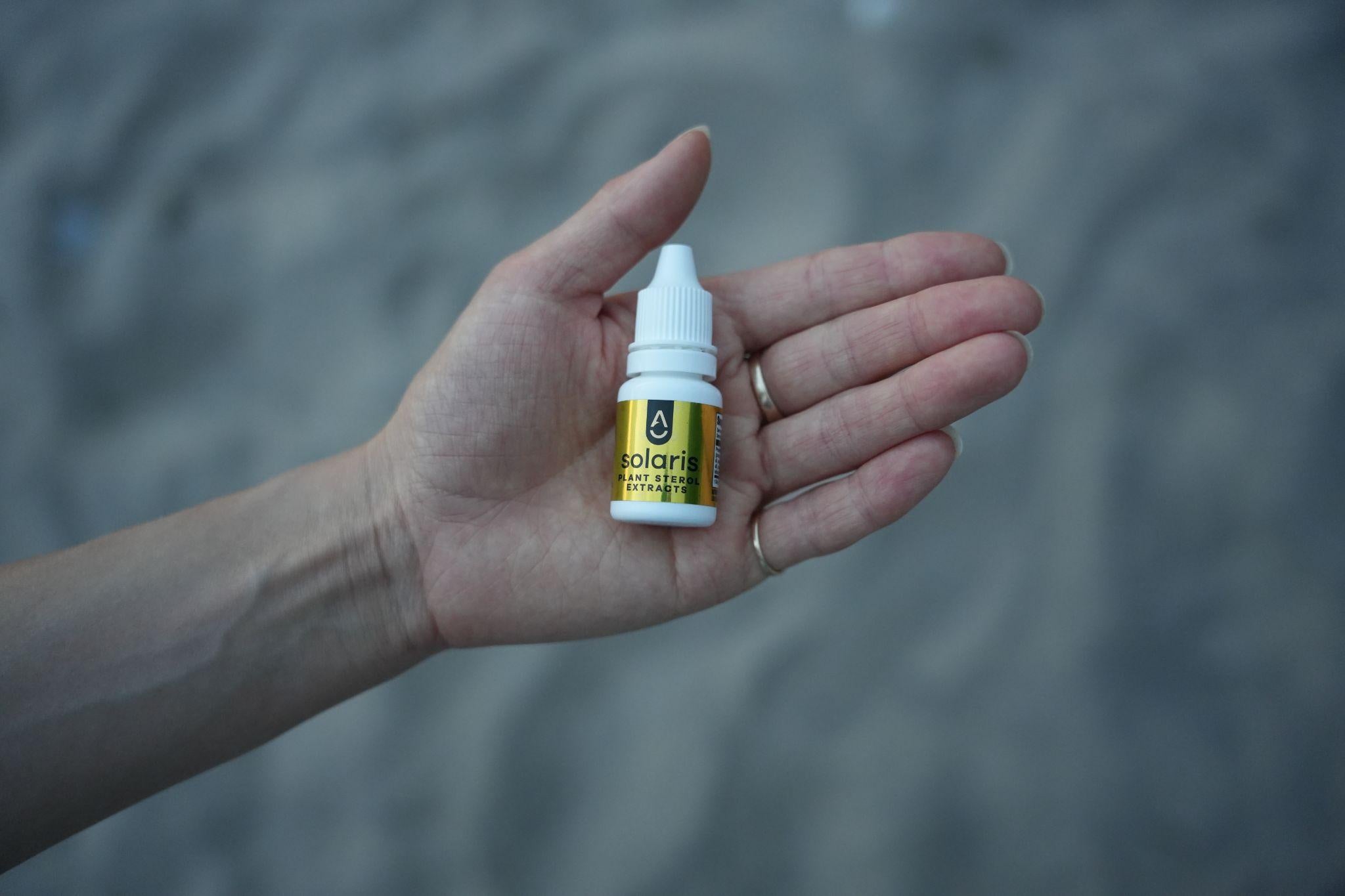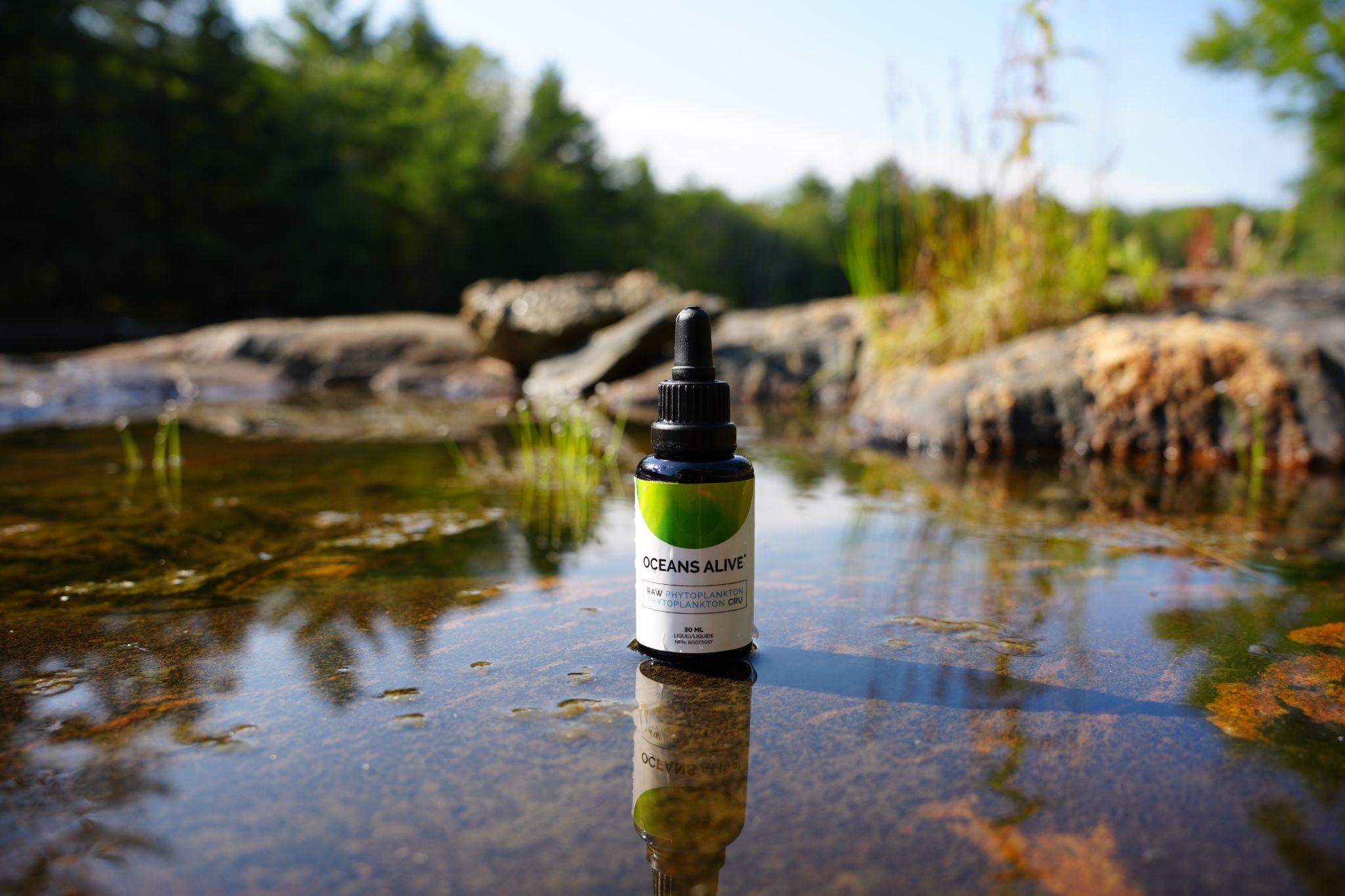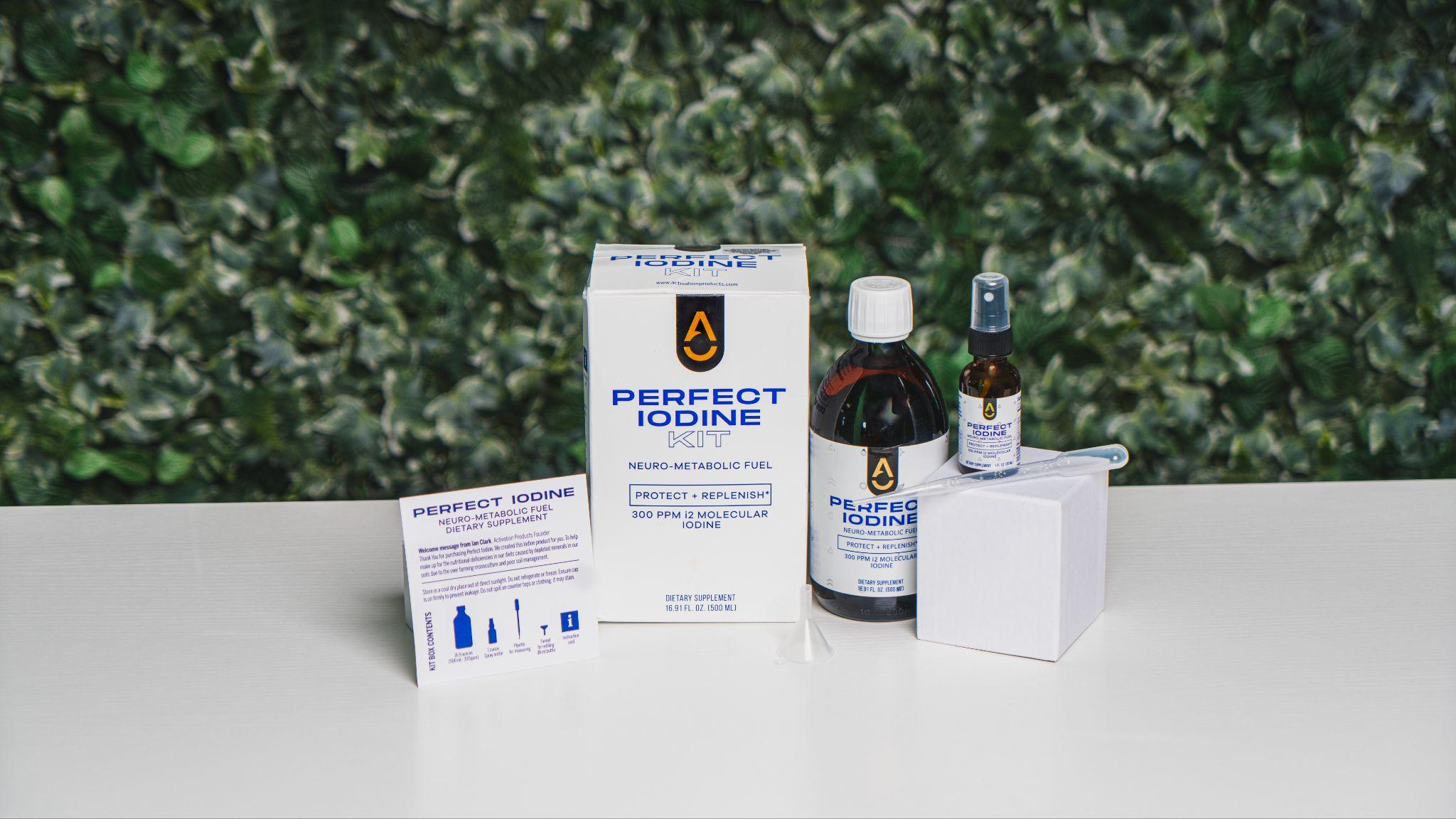
What Do Your Cravings Really Mean?
When you’ve got a craving, it’s probably the only thing on your mind... but did you know that your body is actually thinking something else?
We broke down the bad stuff that we all crave and looked at what our bodies actually want, why they want it, and where you can get it.
Satisfying That Sweet Tooth
Who doesn’t have a little bit of a sweet tooth? Processed sugars may be what you think you’re craving, but what your body really wants is:
- Carbon
- Chromium
- Phosphorus
- Sulphur
- Tryptophan
Your body needs carbon for a process called cellular respiration. Cellular respiration releases the energy that your body has stored away in a compound called glucose.
What does this mean?
Carbon helps your respiratory system do its job, while also playing a major role in utilising the energy your body stores. To get more carbon, you can eat fresh fruit.
Your body usually craves chromium when your blood sugar levels are low. Chromium helps your body break down and use fat, carbs and protein, while also improving the transport of glucose (the compound that stores a lot of your energy) to the cells that need it. You can get more chromium from broccoli, grapes, cheese, dried beans and chicken.
Phosphorus makes sure that your bones and muscles stay strong and healthy. It helps your body heal and grow tissue, while also helping your kidneys filter out waste.
Too much or too little phosphorus in your body and you’ll start having symptoms like heart problems, low levels of energy or pain in your joints. Popular sources of phosphorus include beef, liver, poultry, fish, eggs, dairy and nuts.
Getting your body the sulphur it’s craving can relieve pain. After your cells take in the healthy nutrients they need, there’s often waste left behind which can create a harmful environment around cell walls, causing the cells to swell. Sulphur cleans up toxins that the cells expel so that they can operate at their best. Sulphur is found in beef, liver, poultry, fish, eggs, dairy and nuts.
Tryptophan is an essential amino acid that your body needs for protein production. Your body doesn’t produce tryptophan, so you need to get it from foods like cheese, liver, turkey, sweet potatoes and spinach.

Beating Your Bread Craving
If you’re craving bread, what your body is really looking for is nitrogen.
Nitrogen is an essential protein building block. Your body uses the protein that nitrogen produces for your muscles, skin, blood, hair, and DNA. Nitrogen is crucial for the production of new cells, which means it’s paramount for growth and healing.
Nitrogen is another element that your body relies on food for. High protein foods like fish, meat, nuts and beans are good choices.
The Facts of That Fatty Snack Craving
A craving for fatty snacks like potato chips usually means your body wants calcium.
Calcium is big for bone health and growth. Despite popular opinion, there are a lot more great ways to get calcium than just drinking milk! Good sources include mustard and turnip greens, broccoli, kale, legumes, cheese and sesame seeds.

Cures for Coffee Cravings
Who doesn’t want a little pick-me-up in the morning? Most people love their coffee, but coffee doesn’t necessarily mean your body is craving caffeine; what your body really wants is…
- Phosphorous
- Sulphur
- Sodium
- Iron
Low levels of phosphorus usually mean low levels of energy, which is why you’re thinking about that cup of joe! That’s why it’s essential that you get enough phosphorus in your diet. Remember, phosphorus is found in beef, liver, poultry, fish, eggs, dairy and nuts.
Proper amounts of sodium help maintain normal blood pressure, balance your body’s fluids, transmit signals through your nervous system and relax your muscles.
However, because of the overuse of salt in most food production, this is something that you may actually want to make sure you aren’t getting too much of. If you think low sodium may be an issue for you, try adding sea salt and apple cider vinegar to your diet.
You probably already know how important getting enough iron is for your health. Iron is essential for many different functions in your body. One important function of iron is that it helps take the oxygen that is absorbed through your lungs and transport it throughout your body.
More oxygen throughout your body means more energy! To increase your iron stores, try eating meat, fish, poultry, seaweed, leafy greens and black cherries.

Party or Protein and Potassium?
If alcohol or marijuana are on your mind, your body might be craving:
- Protein
- Avenin
- Calcium
- Glutamine
- Potassium
Protein is crucial for growth. For your body to build and grow strong muscles, tissue, and bones, protein is essential. Protein also helps produce certain chemicals within your body and is essentially what your fingernails and hair are made up of. Protein is found in meat, poultry, seafood and nuts.
Avenin is just another type of protein (similar to gluten) and is used by your body to produce energy. You can find avenin in oats, so getting a bit of it into your system may be the way to kick that beer craving! Try having a bowl of granola or oatmeal for breakfast.
Remember, to get more calcium without increasing your dairy consumption you can try mustard and turnip greens, broccoli, kale, legumes, cheese and sesame seeds.
Glutamine is an amino acid, which means it's fundamental for building protein. Getting enough glutamine can help boost your immune system and is great for your gut. Glutamine is also crucial for helping your body deal with stress. You can get L-glutamine supplements, but raw cabbage juice is an inexpensive source.
Potassium is an essential mineral for healthy cell development. Having the right levels of potassium in your body can have great effects on your nerves and muscles. Eat more bananas, black olives, seaweed and bitter greens.

Make That Carbonated Craving Fizzle Away
When you’re craving carbonated drinks, what your body is saying to your brain is, “give me calcium”.
Calcium is great for bone and tissue health and you can get it from a variety of seeds, leafy greens, legumes and dairy.
Satisfying Salty Food Cravings
Salty food cravings usually point to your body wanting chloride.
Chloride binds to other chemical elements to form salts and is used by your body to keep its balance of fluids in check. Get more into your system by eating raw goat milk, fish and unrefined sea salt.

Turning Down Tobacco Cravings
If you’re having trouble quitting smoking, getting more silica and tyrosine from your food might do the trick!
Silica is important for bone and tissue health and is a nutrient that is important for slowing the effects of ageing in the body. You can find it in nuts and seeds. Avoiding refined grains can help to prevent silica depletion too.
Tyrosine helps brain function and is involved in the production of epinephrine, norepinephrine, and dopamine. Get lots of vitamin C by eating more citrus, more green and red fruits and more vegetables.
So what does this all mean?
What most of these cravings point to is the fact that your brain is often responding to your body not getting enough of something it needs. Cravings equal deficiencies. Deficiencies are unfortunately a growing problem, due to the lack of essential nutrients that many of our diets provide.
Even if you eat a healthy diet filled with fresh fruits and vegetables your body probably still experiences deficiencies. For example:
Did you know that 80% of American adults are magnesium deficient?
The problem stems from the soil. Due to a number of environmental factors and agricultural practices, our soil has become severely depleted of nutrients. This means that even if you’re eating a healthy, well-balanced diet, more often than not, you are still not getting enough of the basic nutrients your body craves and needs.
So what’s the solution?
Concentrated volume. Since food now provides fewer of the vitamins, minerals, and nutrients that your body needs, you have to find a concentrated way to get those nutrients. The easiest way to do this is through supplementation, but not all supplements are created equal.
For instance, taking a magnesium supplement orally is inferior to applying it topically because your stomach often doesn’t end up processing it all. Applying it topically, where it can be absorbed through the skin and directly into the bloodstream, is much more effective. Check out this blog post to learn more.
Deficiencies are a big source of cravings and low energy. Deficiencies in minerals like magnesium can be easily corrected in today’s world with the right diet and the highest quality of supplements.
Cravings are the symptom, deficiencies are the problem. Don’t wait so long that your deficiencies stop presenting themselves as cravings and start presenting themselves as illness.






Honey: Raw vs. Pasteurized
How Does Your Body Detox?